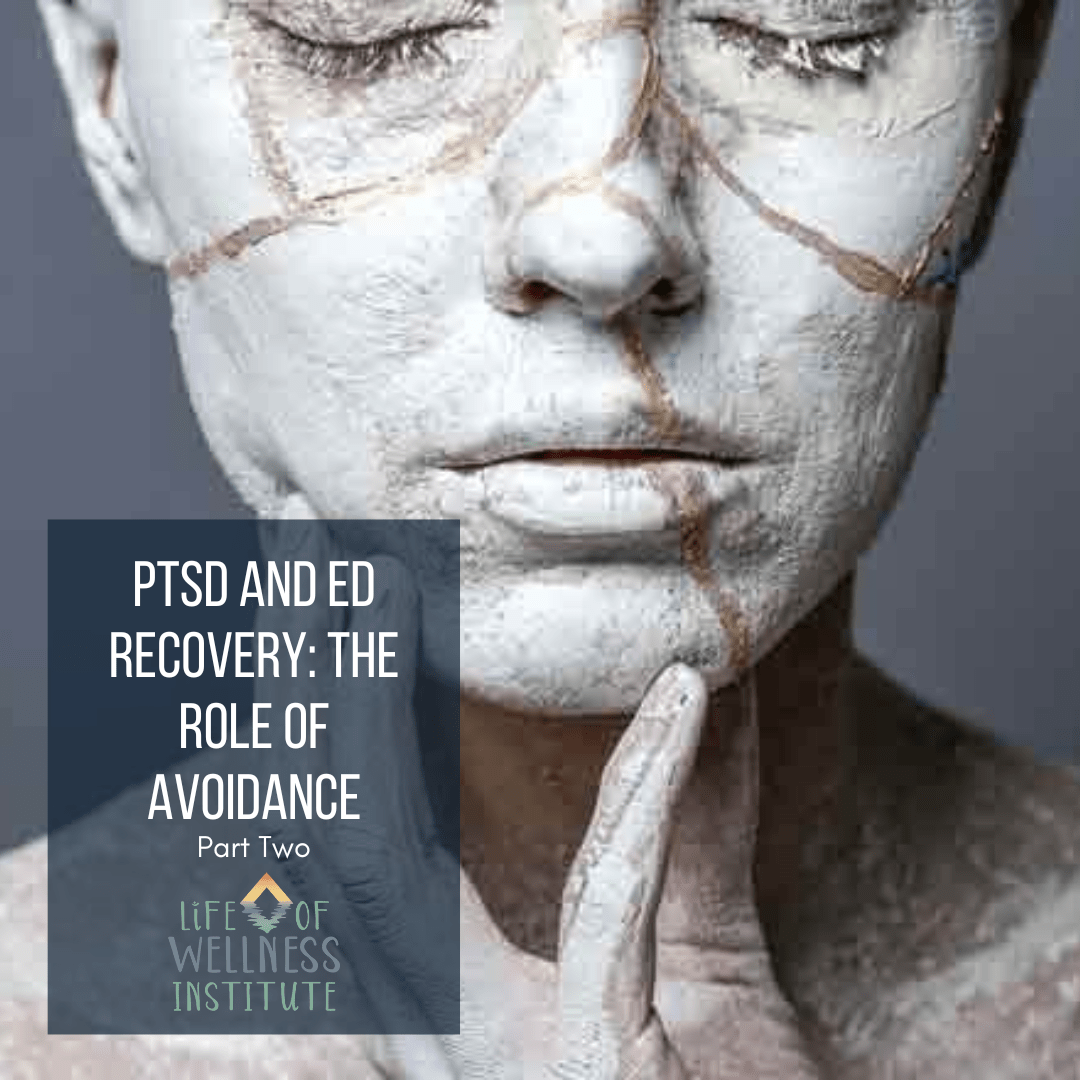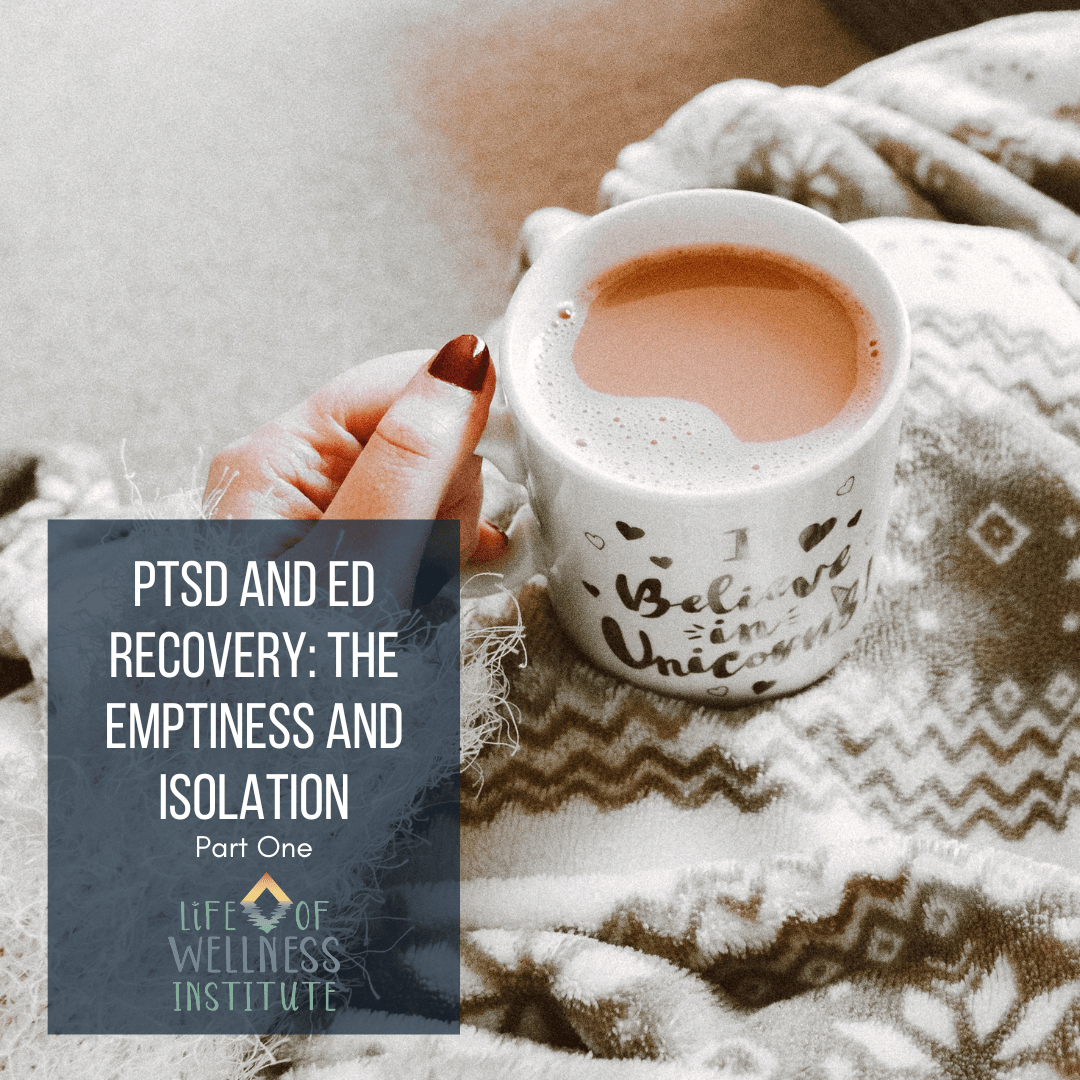It’s no secret that mental health disorders like PTSD and eating disorders can take a toll on your life. But you may not know how we cope with these disorders, and avoidance can worsen them. Avoidance is a common coping mechanism for people with PTSD and eating disorders. It can take many forms, such as avoiding certain places, people, or activities that activate symptoms. Avoidance can also take the form of engaging in activities or behavior to not having the time or space to feel our body’s communication, feelings, thoughts, and emotions of our suffering. Another common coping mechanism is to turn to alcohol or drugs to numb the feelings of anxiety and fear. While these behaviors may provide some relief in the short term, they can worsen symptoms in the long run. In this article, I will discuss the role of avoidance and behaviors in disordered mental health and recovery. I will also be providing some tips on learning how to cope in a healthier way. Continue Reading
PTSD and Eating Disorder Recovery: The Emptiness and Isolation
If you’re like me, you’re probably no stranger to the feeling of isolation and emptiness. That feeling of hollowness lingers no matter what you do to try to fill it. For me, this feels like an emptiness within me, the size of the Grand Canyon. I am frozen, unable to cry out for help—I am empty and alone. Have you ever felt like you were trying to fill a void? Unlike filling a glass or a pool with water—it is like filling an ocean that feeds lakes, rivers, and streams. This is my experience of what an eating disorder binge Continue Reading


